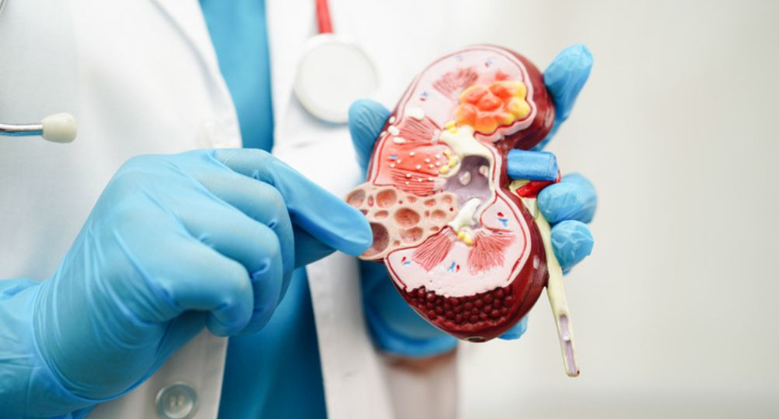
From Salt to Soda: 6 Foods That Secretly Damage Your Kidneys
Your kidneys are silent workers filtering waste, balancing fluids, and regulating blood pressure 24 hours a day. In the news released by pafikutaikab.org but while we often focus on protecting the heart or liver, kidney health tends to be overlooked. Experts warn that certain everyday foods, when consumed in excess, can gradually damage kidney function without showing symptoms early on.
Here are six common foods that may be harming your kidneys more than you realize.
1. Processed Foods High in Sodium
Salt is one of the biggest culprits behind kidney strain. Processed foods like instant noodles, canned soups, sausages, and fast food contain excess sodium, which forces the kidneys to work harder to eliminate it from the body.
According to the World Health Organization (WHO), adults should limit sodium intake to less than 2,000 mg per day — roughly one teaspoon of salt.
“High salt consumption causes fluid retention, raises blood pressure, and can accelerate kidney damage, especially in those with hypertension,” explained Dr. Rika Santoso, a nephrologist at Cipto Mangunkusumo Hospital.
See also: Boost Your Instagram Presence with Dynamic Interactions
2. Sugary Drinks and Sodas
Soft drinks, energy drinks, and sweetened juices may taste refreshing, but they are loaded with sugar and phosphates — both linked to kidney stress. Studies published in the Clinical Journal of the American Society of Nephrology found that people who consume sugary beverages daily have a higher risk of chronic kidney disease (CKD).
High sugar intake also increases the likelihood of diabetes, one of the leading causes of kidney failure worldwide.
3. Processed Meats
Bacon, ham, and smoked meats contain high levels of sodium, preservatives, and nitrates — all of which can burden the kidneys. The American Journal of Clinical Nutrition reported that frequent consumption of processed meats is associated with reduced kidney function and higher risk of end-stage renal disease.
If you enjoy meat, experts recommend choosing fresh, unprocessed cuts and limiting red meat consumption to a few times per week.
4. Foods Rich in Artificial Sweeteners
Sugar substitutes found in “diet” or “zero-calorie” products may seem like a healthy alternative, but overuse can still harm kidney function. A long-term study by Harvard Medical School found that individuals who consumed large amounts of artificial sweeteners like aspartame and sucralose showed early signs of reduced kidney performance.
Moderation remains key — occasional use is safe, but daily intake should be avoided.
5. Fried and Fast Foods
Greasy meals high in trans fats and refined carbohydrates not only cause weight gain but also contribute to inflammation and oxidative stress in the kidneys. Chronic consumption of fried foods is linked to insulin resistance, which worsens kidney health.
Experts recommend replacing fried snacks with baked or grilled options and incorporating omega-3-rich foods such as salmon, walnuts, and chia seeds.
6. Excessive Dairy and Protein
While protein is essential for muscle repair, consuming it in large amounts — especially from animal sources — can overwork the kidneys. Similarly, excess dairy can increase calcium and phosphorus buildup, raising the risk of kidney stones.
“Too much protein increases metabolic waste that the kidneys must filter,” said Dr. Rika. “Balance is crucial — focus on plant-based proteins like beans or tofu.”
Protecting Your Kidneys Naturally
To maintain healthy kidneys, prioritize hydration, eat more fruits and vegetables, and limit processed and salty foods. Regular health checkups and blood tests can help detect kidney problems early — before symptoms appear.
As Dr. Rika concludes, “The best way to protect your kidneys is through consistency — small daily choices that support long-term health.”
Source: https://pafikutaikab.org/

